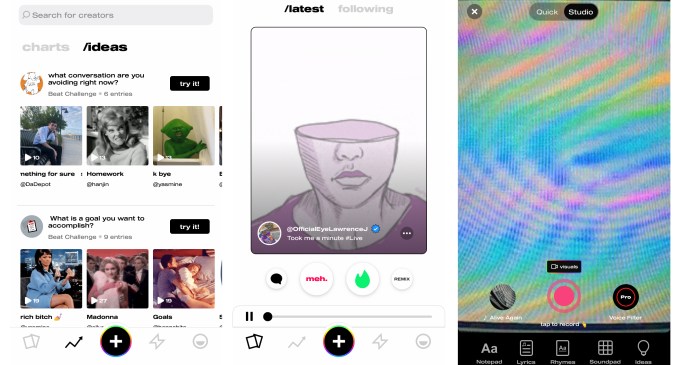Expo 2020 Dubai has launched its official visitor app and a business-focused app, helping to ensure that millions of visitors can make the most of the 182 visually striking and emotionally inspiring days of Expo from October 1.
The official Expo 2020 app allows users to tailor their visit to Expo, matching individual interests to create a personal schedule of events and attractions, across a site twice the size of Monaco.
Visitors can use the app to buy tickets, choose from more than 200 dining options and themed culinary events, and manage reservations for Expo 2020’s intelligent Smart Queue system – offering guests the ability to reserve a convenient time slot to visit a pavilion of their choice, and avoid queues.
Developed in collaboration with Accenture, the Official Digital Services Partner of Expo 2020, the app – available to download via the App Store or Google Play – allows visitors to create an Expo 2020 account or link their social media account, as well as access a GPS-enabled interactive map of the Expo site and step-by-step directions to points of interest across Expo.
A chatbot on the app will provide information on making visits to Expo 2020 safe and enjoyable, including details on opening times, parking options and how to reach Expo using Dubai’s extensive public transport options.
View this post on Instagram
Mohammed Alhashmi, Chief Technology Officer, Expo 2020 Dubai, said: “Hosting the world in one place for six months, Expo 2020 offers visitors a once-in-a-lifetime opportunity to explore new frontiers and join in a celebration of creativity, innovation, human progress and culture. Whether you’re interested in boarding our Garden in the Sky observation tower 55 metres above the ground; partying at Expo Beats, our monthly music festival featuring a global cast; or experiencing the spectacular Expo Water Feature, the Expo 2020 app has everything on offer at your fingertips.”
Gerado Canta, Senior Managing Director and Executive Sponsor for Accenture’s partnership with Expo 2020 Dubai, said: “Accenture, in partnership with Etisalat Digital, helped to develop the event’s visitor-facing digital channels, including the official Expo 2020 app, virtual assistant and website, enabling Expo 2020 to bring its story to millions worldwide. The mobile app is a window for visitors worldwide to learn about Expo 2020 and plan their visits via curated journeys to ensure an accessible and relevant experience for all.”
Separately, the Expo 2020 Business App matches users with similar interests and objectives among the business community, with the objective of facilitating meaningful business to business (B2B), business to government (B2G) and government to government (G2G) interactions across geographies and industries.
Powered by artificial intelligence and available for mobile and desktop, it suggests potential matches for users based on their profiles, expertise, goals and interaction patterns – ensuring every business visitor can meet their business objectives.
Available via WebApp, App Store and Google Play, the Expo 2020 Business App allows users to create their own unique profile, highlighting key information and contact details, while selecting filters and researching potential match partners. Once a connection is made, users can start engaging, chatting and scheduling meetings with other users, businesses and entities of interest to establish relationships during and beyond Expo, which closes its doors on 31 March 2022.
While free to download, a small registration fee applies to access the app’s premium features, such as networking, connecting, chatting and scheduling meetings. Holders of the Premium Experience can enjoy complimentary access to the premium features of the Expo 2020 Business App, alongside a host of additional services.
In addition to these two main apps, fitness enthusiasts visiting Expo 2020 can use the Glofox App – available via App Store and Google Play – to keep track of their wellbeing and make the most of all the sport and health-related activities available at Expo 2020. The Expo 2020 Sports, Fitness and Wellbeing Hub is hosting an eclectic mix for all ages and physical abilities, and Glofox helps users view timetables and services, book classes and engage with other members and instructors. When downloading the Glofox App, search for ‘Expo 2020: Sports, Fitness and Wellbeing Hub’ before signing in and registering for sessions.
From 1 October 2021 to 31 March 2022, Expo 2020 will bring together more than 200 participants, including 192 countries, plus millions of visitors, to collaborate on ways to protect the planet for our communities and future generations, inviting them to join the making of a new world.
The post Expo 2020 Dubai launches official visitor app and business app appeared first on ARY NEWS.
from ScienceTechnology – ARY NEWS https://ift.tt/2Y4ZCbP https://ift.tt/eA8V8J
from TechCrunch https://ift.tt/39RgNjb
via IFTTT




